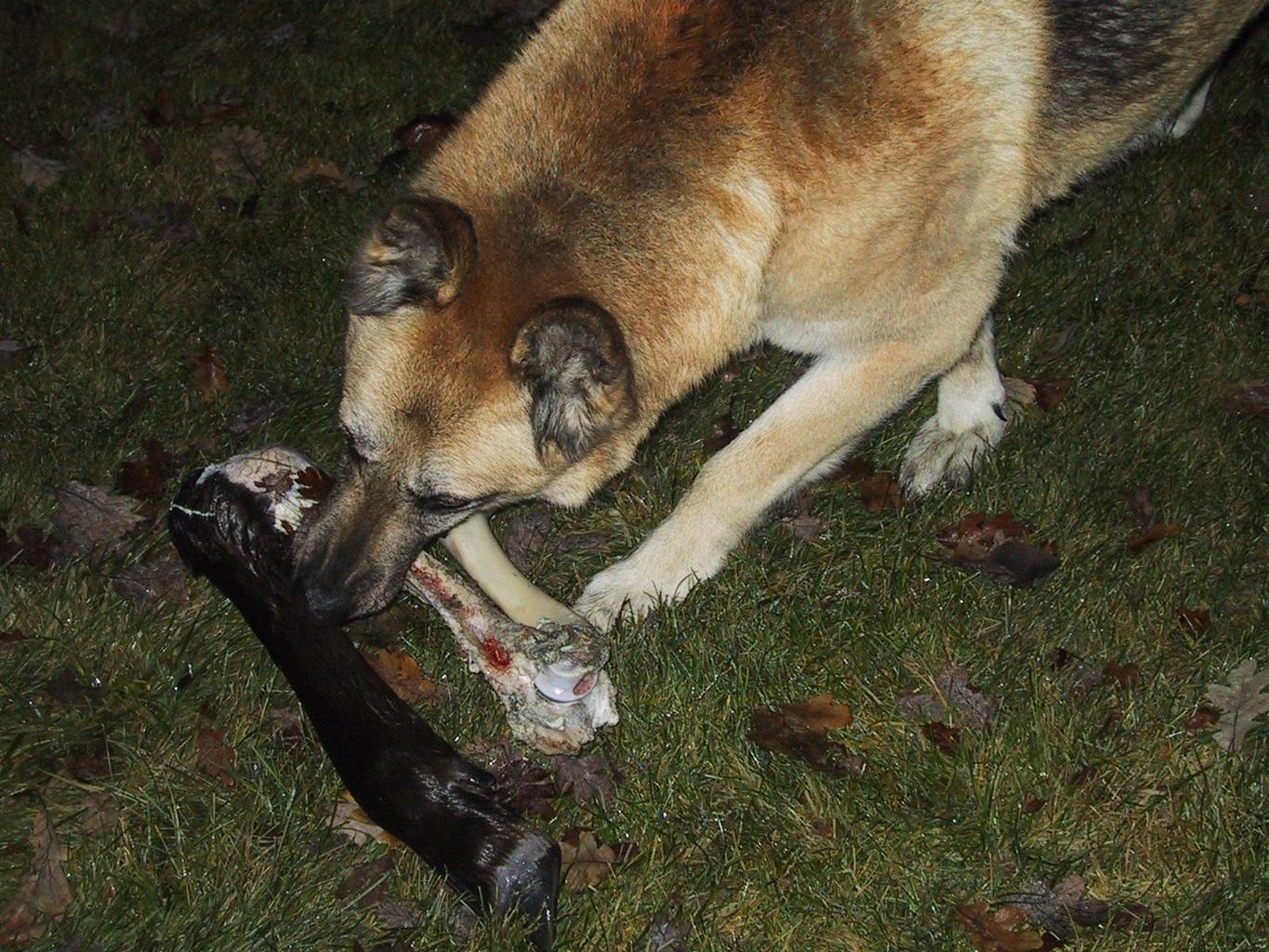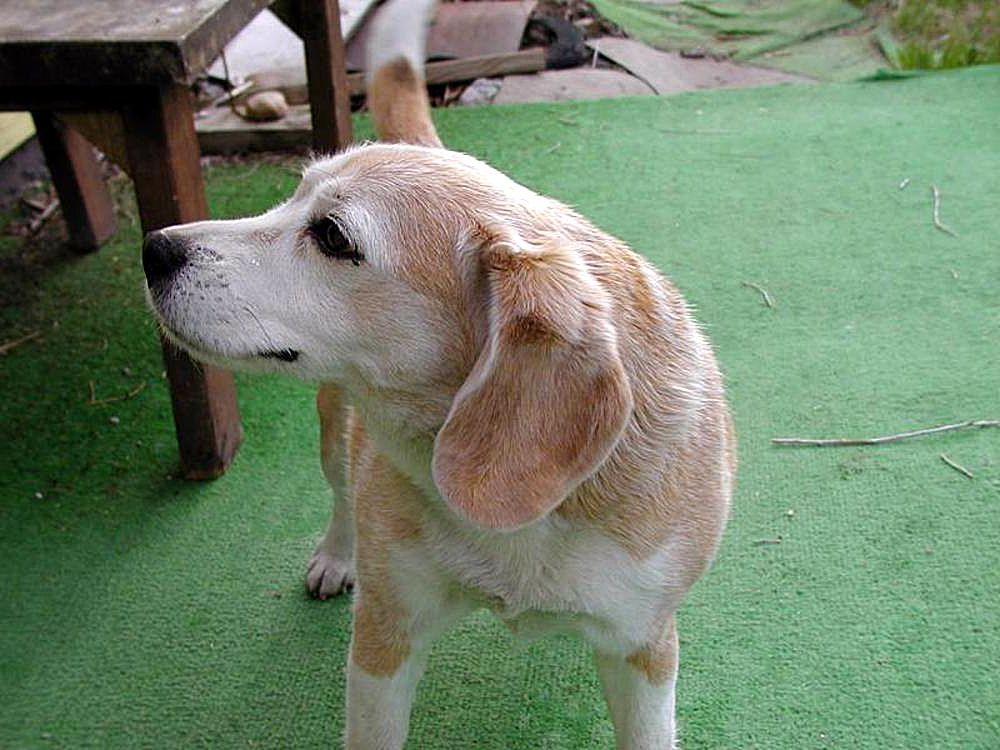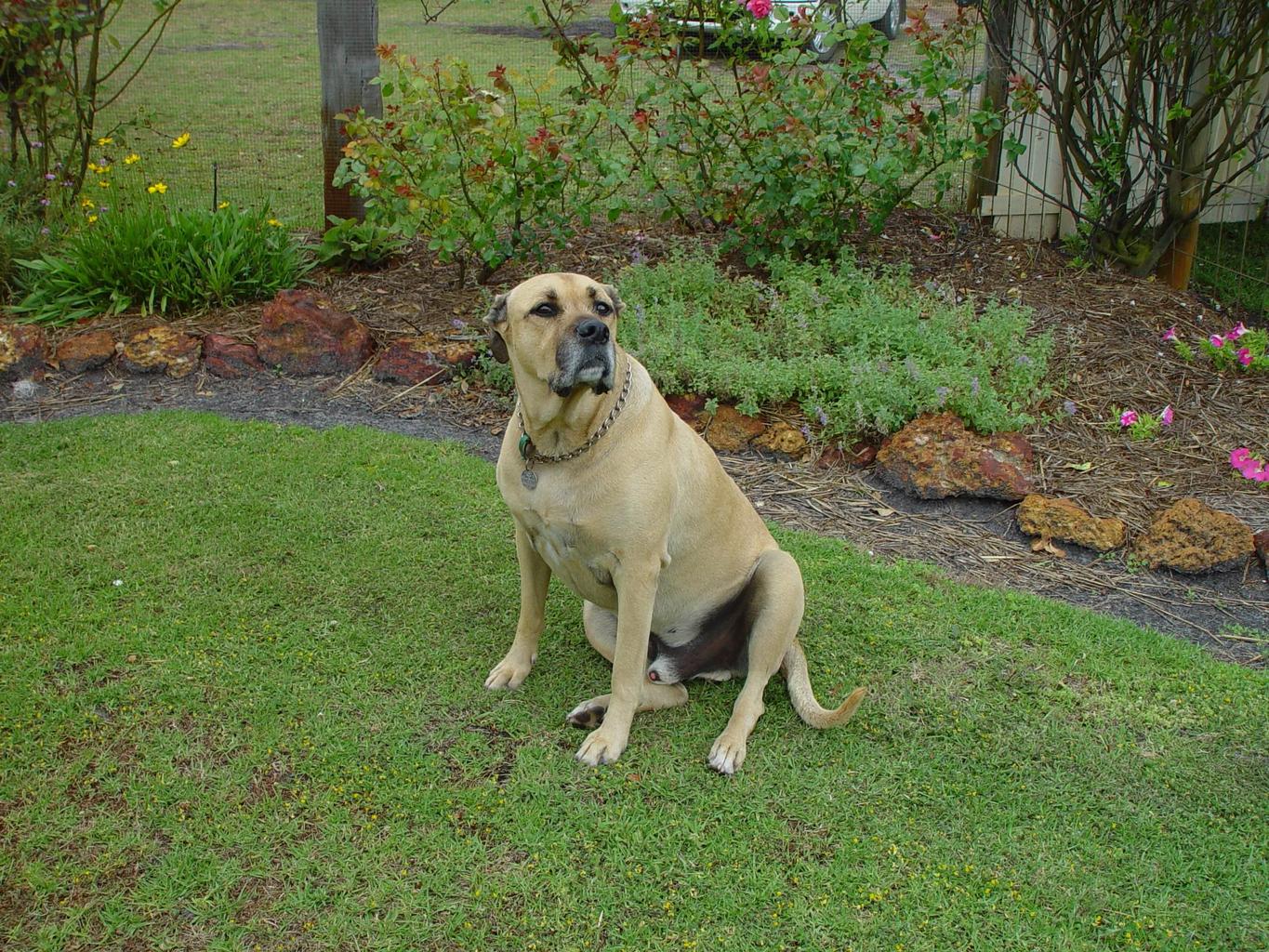Pooch Pregnancy Problems? No Problem!
Pregnancy can be a challenging time for any mother, and this includes our furry friends. Just like humans, pregnant dogs can experience a range of physical and emotional changes that can make them uncomfortable or anxious. However, with the right care and support, pooches can have a happy and healthy pregnancy. In this article, we’ll explore some tips and solutions for common pooch pregnancy problems.
Barking Up the Right Tree: Tips for a Happy Pooch Pregnancy
The first step to ensuring a successful pooch pregnancy is to provide your dog with a comfortable and safe environment. This means setting up a dedicated space for your pooch to rest and relax, away from other animals or distractions. You should also make sure your dog has access to plenty of fresh water and a balanced diet that meets her nutritional needs during pregnancy.
Another crucial aspect of pooch pregnancy is regular vet check-ups. Your vet can monitor your dog’s health, provide advice on nutrition and exercise, and perform ultrasounds to check on the puppies’ development. It’s also essential to keep up with your dog’s vaccinations and parasite control, as these can pose a risk to both the mother and her unborn puppies.
Finally, it’s important to provide your pooch with plenty of love and attention during her pregnancy. Dogs can become more clingy or anxious during this time, so make sure to spend quality time with your furry friend, take her for gentle walks, and provide plenty of positive reinforcement.
From Morning Sickness to Whelping Woes: Solutions to Pooch Pregnancy Problems
Despite our best efforts, pooch pregnancy can come with its fair share of challenges. One common issue is morning sickness, which can cause your dog to lose her appetite or vomit. To combat this, try feeding your pooch small, frequent meals throughout the day, and provide her with foods that are easy on the stomach, such as boiled chicken or rice.
Another possible problem during pooch pregnancy is the risk of complications during whelping (giving birth). Dogs may experience difficulties during delivery, such as the puppies getting stuck, or the mother experiencing a prolonged labor. If you notice any signs of distress or unusual behavior, such as heavy panting or straining, contact your vet immediately.
Other common pooch pregnancy problems include urinary incontinence (due to pressure on the bladder), increased need for rest, and weight gain (which can put a strain on joints and cause discomfort). To ease these symptoms, consider providing your pooch with extra bedding, gentle exercise routines, and supplements or medications as recommended by your vet.
While pooch pregnancy can be challenging, it’s also a time of joy and excitement as you prepare for the arrival of new puppies. With the right care and support, you can help your furry friend have a happy and healthy pregnancy, and ensure a safe delivery for her and her litter. Remember to always consult your vet if you have any concerns or questions, and enjoy this special time with your beloved pooch!







